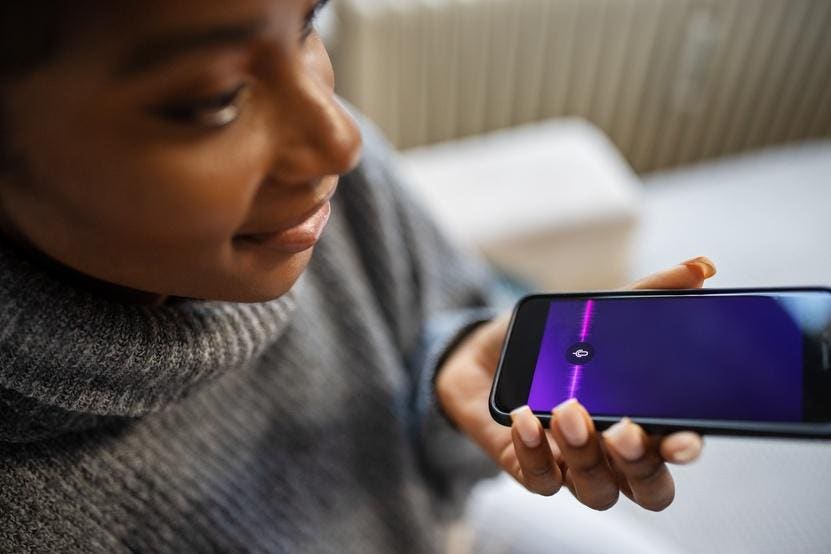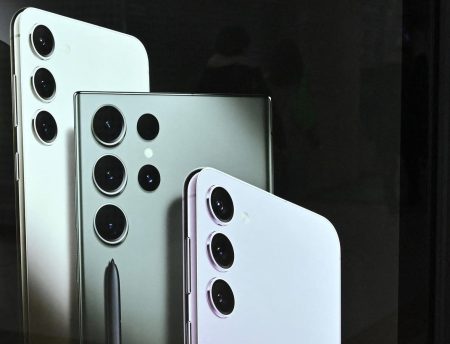What industries will be most affected by voice technology? originally appeared on Quora: the place to gain and share knowledge, empowering people to learn from others and better understand the world.
Answer by Tobias Dengel President at WillowTree, a TELUS International Company, on Quora:
When Steve Jobs opened the iPhone to software developers in 2008, no one in the audience thought, “Well, that’s bad news for the taxi industry.” It took over three years for the ride-sharing threat to come into focus.
Similarly, the immediate future of industry disruption will arrive in three waves:
1. Productivity Gains Through Automation:
In Phase I, processes currently handled through human conversation or keyboarding will rapidly transform via voice technology, first with significant productivity and efficiency gains, while the underlying processes remain unchanged.
- Current interactive voice response (IVR) systems in banking will be replaced by in-app interactions, saving banks 90-95% per call due to faster handle time and no telco charges. Basically, making current systems faster and more cost efficient.
- Customer care personnel will handle far fewer basic interactions to focus on more complex and unique client issues.
- In restaurants, voice-based technology will receive orders in-app or in-drive-through (in 2023, McDonald’s, Wendy’s, White Castle, and many others announced these types of initiatives, and user satisfaction has increased significantly using these tools, enabling customers to order meals in seconds where it used to take minutes).
- Healthcare facilities will expand the use of voice for dictation and order entry, resulting in 60-80% cost savings for those tasks. Real-time data capture and analysis will make healthcare more accurate by providing caregivers real-time analysis and suggestions, which has proven to be more accurate than humans, e.g. in diagnosis. Even with the advent of healthcare AI, humans will and should remain in the loop, but they will start from a much more informed perspective regarding individual patient data.
2. Business Process Redesign:
In Phase II, traditional business processes will experience complete overhauls, driving significant organizational change.
- In banking, the “branchless bank” will continue to emerge, further driving down costs and leveling the playing field for those living in areas with low physical bank concentration. Investments in physical banks will be scrutinized as even the highest touch customers can be handled by digital voice technologies.
- Human call center employees will take calls as handoffs from digital voice assistants who will handle much of the day-to-day interactions. Customers will flock to providers with the lowest cost and best service, both driven by voice technology.
- In the restaurant industry, fast food (QSR) and casual dining shift to automated ordering and payment. Employees will focus on preparing and delivering food and engaging in more “high touch” ways with customers.
- In hospitals, voice capture tools will become ubiquitous and replace the current keyboard-based data entry systems, resulting in higher accuracy and lower error rates.
3. Business Model Transformation:
In Phase III, entire business models will change, analogous to the displacement of the print Yellow Pages by internet search or the taxi industry by Uber/Lyft.
- In banking, the entire concept of a bank will begin to disappear. Voice-powered technologies will permit instant transfer of funds and payments and accept personal and employer deposits. LLM-driven models will offer custom portfolios. Teenagers will ask parents questions like, “What is a check?”
- In restaurants, the entire concept of a restaurant begins to morph into unfamiliar forms. With ordering and payment automated, central kitchens will play an increasing role, delivering to open/common areas (e.g., multiple restaurants delivering to a brewery). As of 2023, Uber founder Travis Kalanick is working on a form of this exact idea.
- In health care, voice analysis tools will eventually be the primary driver of diagnosis for common illnesses, such as an antibiotic for a tick bite. At-home care will increase as diagnosis and monitoring at scale can take place remotely, with profound impacts on healthcare economics.
Ultimately, every interaction we have will be transformed, particularly if it involves heavy data entry (most of us type for hours every day) or translation of information (e.g., a restaurant worker taking an order and then typing it into a screen). This transformation will open up a once-in-a-decade era of opportunity and investment, much as it did following the advent of the internet in the late 90s and after the iPhone opened up mobile in 2008.
This question originally appeared on Quora – the place to gain and share knowledge, empowering people to learn from others and better understand the world.
Read the full article here










